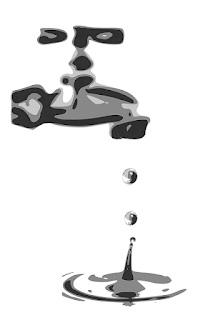Spring Dating Season for Natures Creatures
Animals,
birds and insects have amazing coping mechanisms hard wired to survive long
harsh winters.
Consider hibernation where some mammals almost completely
shut down their internal systems. How
about birds that migrate huge distances that rival today's long service jets?
Besides restoring their physical reserves through ravenous
appetites for the spring menu board nature richly provides them.
While a majority of larger mammals tend to mate in the fall
and deliver their young in the spring there are a select number that run on a
different cycle.
Let's take a closer look at these atypical creatures who have
an extra incentive for the long winter to end.
One of my personal favorites was the sighting of the red
breasted robin when I was a kid. You just KNEW it meant spring was finally
here. What kid didn't get excited when
mother robin decided to make a nest in your favorite climbing tree or
bush? I remember checking daily on those beautiful sky blue
eggs to see the progress of new life coming.
One of the most fascinating birds are geese. Their legendary
teamwork in flying in V-formation is an indication of something more
familial. Turns out geese have a mate
for life. Very rare in the animal kingdom.
There are no absentee dads in this flock. The gander is the bouncer protecting their
young fiercely from any intruders.
Around the following spring junior is free to fly on their own, so to
speak.
Bees have been having a rough time of it in recent years with
dangerous drops in populations that can have devastating effects on man's food
supplies. The enormous work they do in pollinating flowers, trees and crops is
finally being understood enough to divert the research, resources and
environmental policies to give bees a better chance to thrive.
Did you know that the honey bee queen lays more than 2,000
eggs per day in early spring?
For more about these amazing winter survivors focused on
multiplying their numbers every spring check out this featured article to learn
more.




Comments
Post a Comment